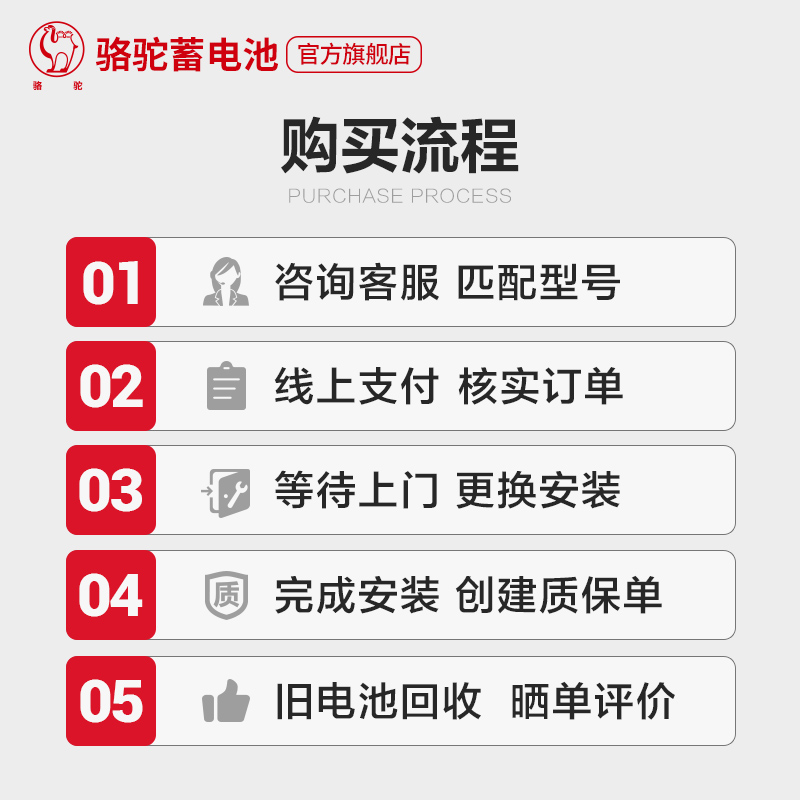
Recently in The Slatest
- Why Michael Cohen’s Influencer Daughter Is Coming Up in the Trump Trial
- What More Can Michael Cohen Do to Donald Trump?
- Enjoy This Tale of a Low-Stakes Campus Screwup That Has Nothing to Do With the Middle East
- Mitt Romney Has a Wild Theory About the TikTok Ban
The issue du jour continues to be whether Attorney General William Barr’s summary of the Mueller report proves that the past two-plus years of coverage and conversation around Donald Trump’s ties to Russia constituted McCarthyist sensationalism or, on the other hand, was in fact responsible and defensible. (The president has weighed in; you can probably guess which side he’s on.)
It’s one of those slippery questions; if you define “coverage and conversation around Donald Trump’s ties to Russia” to mean the most conspiratorial speculation by people who think Trump was compromised by the Soviets in 1987, then, yes, that stuff doesn’t look great in hindsight, not that it looked great at the time either. If you define “coverage and conversation around Donald Trump’s ties to Russia” to mean discussion of whether Trump and his advisers were involved in a criminal conspiracy in 2016, Barr’s conclusion is one that a well-informed news reader would have known was, at the least, a possibility, although maybe you could quibble about how much relative emphasis it got. But if you define “coverage and conversation around Donald Trump’s ties to Russia” to mean reporting on Trump and his advisers’ history of doing business with figures who are connected to Russia’s oligarch-gangster power structure—and of pushing for U.S. policies that would help enrich those figures—then Barr’s letter doesn’t change much at all. Which means it was not just a worthwhile topic of coverage for the past two years but one that’s worth covering going forward too—a point that was helpfully demonstrated on Wednesday in a report by Reuters about U.S. companies getting secret Trump administration approval to do nuclear-power work in Saudi Arabia.
Here’s Reuters’ summary of what’s going on:
U.S. Energy Secretary Rick Perry has approved six secret authorizations by companies to sell nuclear power technology and assistance to Saudi Arabia, according to a copy of a document seen by Reuters on Wednesday.
The Trump administration has quietly pursued a wider deal on sharing U.S. nuclear power technology with Saudi Arabia, which aims to build at least two nuclear power plants.
What does that have to do with Russia? A 2017 Reuters report provides the answer: The Trump administration first became interested in brokering nuclear deals in Saudi Arabia because Michael Flynn and some of Flynn’s Russian business partners proposed it.
AdvertisementAdvertisement Advertisement AdvertisementBackers of a U.S.-Russian plan to build nuclear reactors across the Middle East bragged after the U.S. election they had backing from Donald Trump’s national security adviser Michael Flynn for a project that required lifting sanctions on Russia, documents reviewed by Reuters show.
Michael Flynn, you may remember, was Trump’s national security adviser for about a month. Flynn resigned after getting caught lying about a conversation he’d had with the Russian ambassador about economic sanctions, after which it was revealed that Flynn had been paid $68,000 by Russian entities in 2015, the year before he joined the Trump campaign as an adviser. Flynn was one of several Trump advisers—others include Donald Trump Jr., Paul Manafort, Jared Kushner, and Michael Cohen—who had (or were pursuing) business relationships with well-connected Russians in the years leading up to the 2016 election. (I’m counting Kushner given that his wife, Ivanka Trump, held the option to run the spa in the Trump Tower Moscow development that the Trump Organization was pursuing during the 2016 primaries; Kushner also had a still-unexplained meeting with the head of a Russian state bank in December 2016.) All those individuals also, in 2016 and early 2017, participated in real, documented, not-made-up-by-a-conspiracy-theorist conversations with Russian figures to discuss proposals to eliminate U.S. sanctions on Russia. (The sanctions were instituted to prevent organized crime figures and officials involved in human rights and international law violations from using the U.S. financial system.) The Trump administration has since been consistent in pushing for more lax sanctions policy, to the point that even congressional Republicans have objected.
Advertisement AdvertisementOne of Flynn’s goals as national security adviser, meanwhile—and, again, this is all legitimately documented—was to pursue a business-and-geopolitics partnership involving the U.S., Russia, Saudi Arabia, and the United Arab Emirates. The nuclear project was to be one facet of that partnership. And while it seems that Flynn’s Russian partners on the nuclear deal got dropped sometime before 2017, Flynn and others in Trump’s orbit, including inaugural chairman Tom Barrack, continued to push the administration to help facilitate a Saudi nuclear deal for a U.S. company called IP3. As a congressional report has documented, National Security Council whistleblowers objected to Flynn and Barrack’s involvement in administration discussions about the IP3 deal on the basis that the pair could have benefited from it personally. (Barrack has extensive business interests in Saudi Arabia.) This week’s Reuters report, though, indicates that a Saudi purchase of U.S. nuclear technology may, nonetheless, be moving forward.
Advertisement AdvertisementReuters, by the way, has also reported that one of the companies besides IP3 that could benefit from Saudi nuclear investment is Brookfield, the same financial firm that recently made a huge lifeline investment in 666 Fifth Ave., the Manhattan office tower that Jared Kushner’s family company borrowed heavily to buy in 2007. (Brookfield recently acquired a nuclear services company called Westinghouse.) Kushner has been closely involved in the administration’s Saudi Arabia policy and has met personally with the country’s de facto leader on multiple occasions. (To be clear, Reuters was not able to determine which six companies had been authorized to work with the Saudis, so we don’t yet know if they include the ones with ties to Flynn, Barrack, and Kushner.)
Advertisement Advertisement AdvertisementThere are other ways Saudi Arabia has cultivated individuals close to Trump with the prospect of lucrative business deals, too; you can read about them here and here. At the same time, the administration has been so disinterested in sanctioning Saudi Arabia for the murder of Washington Post columnist and U.S. resident Jamal Khashoggi that, again, even Republicans in Congress are outraged. It’s the same pattern we saw in Trump World’s relationship with Russia: Money pours out of the hands of not-so-great people in a foreign country and into the hands of people close to Trump, and then, at the same time, Donald Trump does (or tries to do) big favors for those people in his capacity as a presidential candidate/president. Is it McCarthyism to say that this seems like a less than ideal way to run a country?
Tweet Share Share Comment


